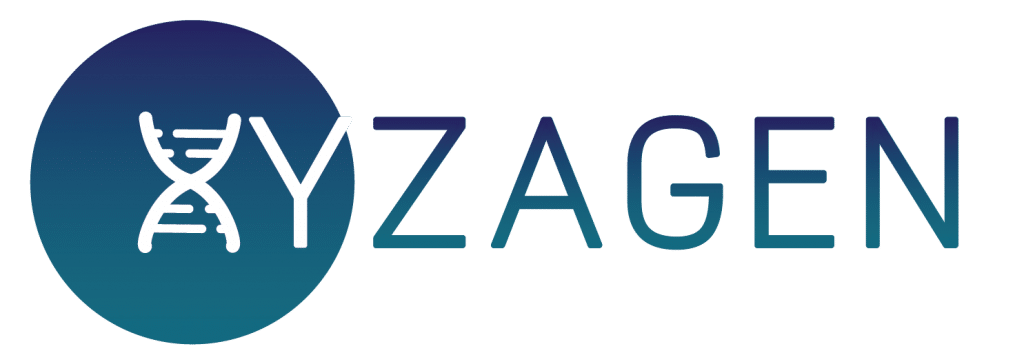Introduction
When it comes to bringing new therapies from concept to initial clinical trials, understanding how a drug behaves in the body is essential. Nonclinical pharmacokinetic (PK) studies provide that foundation — offering insights into absorption, distribution, metabolism, and excretion (ADME). But these studies are rarely straightforward. You need expertise across multiple scientific disciplines, all working in harmony to deliver accurate, reliable data. The disciplines include:
- Animal science
- Formulation science
- Analytical/bioanalytical science
- Pharmacokinetics
It also helps to have some therapeutic area expertise. At Xyzagen, we integrate these four core disciplines under one roof to streamline and strengthen your PK studies. This connected approach, along with therapeutic area expertise, helps ensure studies run efficiently and deliver the kind of insights that accelerate development timelines
Why Integrated Disciplines Matter in PK Studies
Pharmaceutical drug development work is highly collaborative by nature, even something that appears simple, such as a nonclinical PK study. Each step in the study depends on decisions that interplay between each other:
- Animal models, such as species and strain, must be chosen carefully to reflect your program’s goals
- Formulation of the drug product could impact drug stability, solubility, and delivery route affecting systemic exposure
- Bioanalytical methods are needed prior to dosing to confirm sample collection does not affect the quantitative results and allows interpretation of whether the drug reaches intended concentrations in biological samples
- PK interpretation translates raw data into parameters that can guide dosing strategies for pharmacology proof of concept and IND-enabling toxicology studies
When these functions are siloed across different vendors or labs, gaps can emerge. Miscommunication, delays, and method mismatches can compromise timelines and data integrity. By integrating all four disciplines in-house, you ensure continuity, efficiency, and higher confidence in results. Let’s take a closer look at each of the four disciplines and why they are essential for nonclinical PK success.
Animal Science: Establishing the Right Model
Consistent purpose bred outbred or inbred animal models are the foundation of any nonclinical PK study. Choosing the right species and study design is critical to generating meaningful, translatable data. Expert handling during dosing and sample collection minimizes variability, while specialized techniques, such as intratracheal or intravitreal administration, expand the ability to study drugs across diverse therapeutic areas. With animal science integrated into the broader PK workflow, our team ensures that the biology and logistics of the study support the downstream data analysis and interpretation.
Bioanalytical Science: Building the Foundation
Every successful PK study starts with the right bioanalytical method. Without it, issues like compound instability during collection or processing can go unnoticed — leading to misleading or incomplete results. Our bioanalytical team works quickly to establish LC-MS/MS or ELISA methods, often developing a nonGLP assay in just a few days. While that’s happening, our scientists are also finalizing protocols and evaluating vehicle options, ensuring no time is lost before dosing begins.
Formulation Science: Enabling Effective Drug Delivery
Once bioanalytical methods are established, our formulation experts design strategies that match your compound’s unique properties. This may involve overcoming solubility challenges for parenteral administration, testing excipients, or supporting specialized routes of administration such as intratracheal delivery for inhaled therapies or intravitreal administration for ophthalmic drugs. By designing formulation and administration strategies in parallel with bioanalytical planning, our teams reduce development bottlenecks and maximize data relevance.
Pharmacokinetics: From Data to Actionable Insights
Our PK scientists collaborate closely to ensure smooth sample collection, analysis, and interpretation. With innovative sampling strategies, we can deliver raw concentration data within a week of protocol sign-off — a timeline that helps programs move forward without unnecessary delays. Having a pharmacokineticist involved from the beginning allows for better study design that can lead to more insightful understanding of the PK of the client’s drug candidate. The result is data that not only supports IND submissions but also informs modeling, simulation, and dose prediction for later studies.
Conclusions
Nonclinical PK studies can be complex — but with the right integrated team, they don’t have to be. By bringing together animal science, formulation science, bioanalysis, and pharmacokinetics, Xyzagen delivers efficient studies, high-quality data, and IND-ready reports that accelerate your development program.
Our integrated teams understand the study from end to end — from collection in the animal room to parameter interpretation at the modeling stage. This holistic perspective minimizes the risk of rework and provides sponsors with confidence as they prepare for regulatory submission.
Ready to streamline your next PK study? Connect with our team to learn more about our full suite of PK services, including modeling and simulation.




